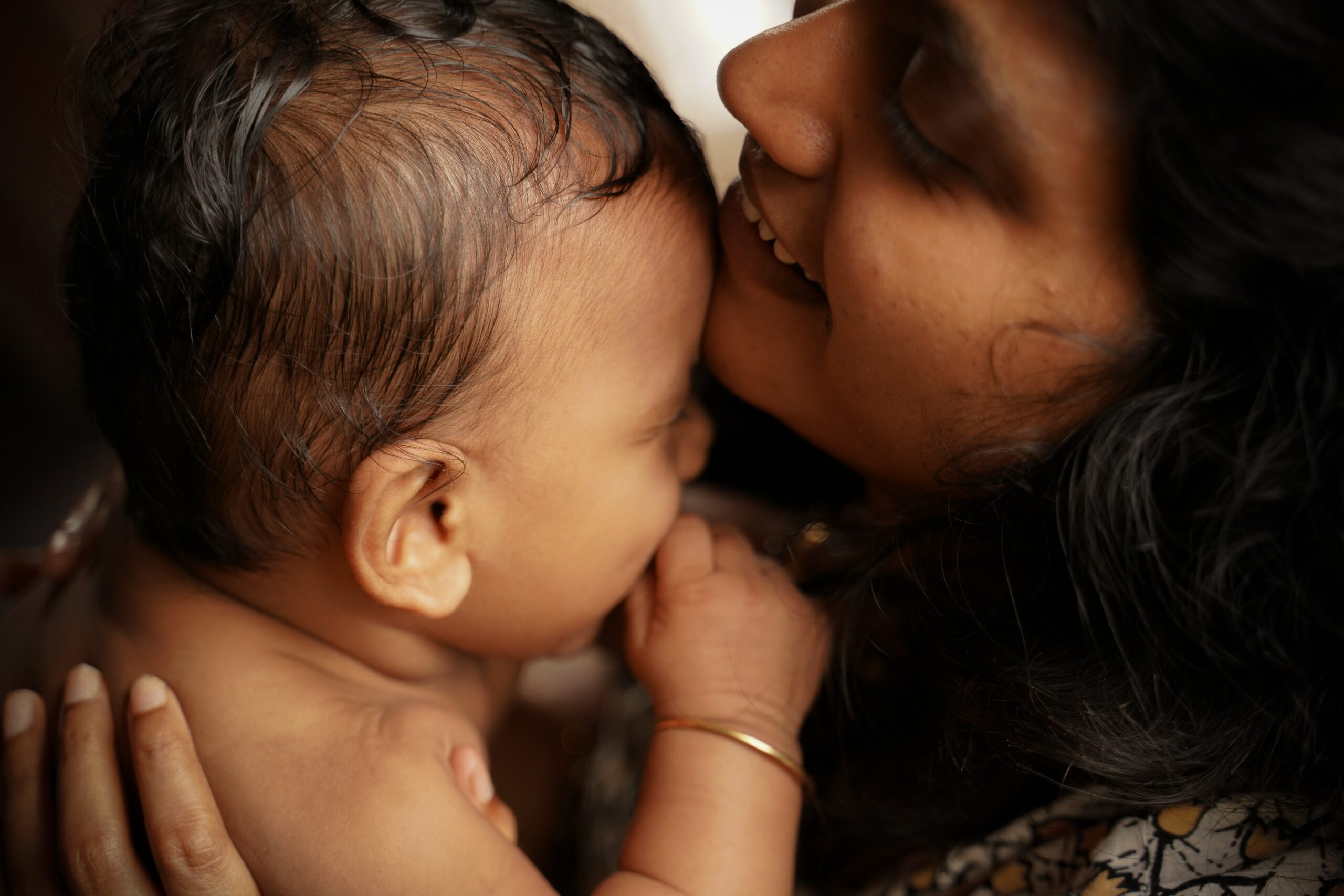When he told the story of the Good Samaritan, Jesus explained that it is the duty of all Christians to care about any injustice around us, whether or not it affects us directly. Injustice through the eyes of God, in both the Old and New Testaments, is seeing someone in need, being in a position to help, and failing to do that. The book of Proverbs says,
The words of King Lemuel, a pronouncement that his mother taught him … Speak up for those who have no voice, for the justice of all who are dispossessed. Speak up, judge righteously, and defend the cause of the oppressed and needy.
– Proverbs 31:1, 8–9 CSB
Pastor Thabiti Anyabwhile says this passage of Proverbs 31 is crucial in understanding how to respond to the abortion crisis, because it tells us (1) what God requires of us in response, (2) the scope of that requirement, and even (3) how we learn that requirement.
Our Required Response to the Abortion Crisis
What better description of the preborn could there be than “those who have no voice”? No one hears their screams as they’re slain in the womb. Through microscopic cameras, we see them flinch as they are injected with poison; we see their heartbeats spike as they’re killed—but we can’t hear their voices.
So, we are obligated to speak for them. “Speak up” is repeated twice in this passage. Speak up, the king says! Martin Luther King Jr. said in regards to racial injustice, “Our lives begin to end the day we become silent about things that matter.”
Not speaking up in the face of injustice makes you complicit in injustice. Silence is support. Speak up.
God might be leading you to take on the mantle of government leadership for causes like these. We need godly people—in both political parties—advocating for this, because it should not be a partisan issue, much like care for the refugee or respect for the immigrant. All Christians, from every political party, should be united in seeing the removal of the scourge of abortion from our land.
The Scope of Our Responsibility
If our love for the vulnerable is sincere, then this won’t be the only life issue we care about. For some people, being pro-life is like a moral club they use in the culture war, even as they ignore the suffering and needs of other vulnerable groups around them. But if we really care about the vulnerable, as Jesus calls us to, we will advocate for life everywhere—the poor, the marginalized, the forgotten, and those without a gospel witness.
Sometimes I hear people say, “All you Christians care about is abortion!” But since 1973, the year of the Roe v. Wade decision, for every abortion clinic in America, Christians have built three pregnancy centers to assist women in crisis. Go into foster services and adoption agencies, and you’ll find the group represented most are pro-life Christians.
Should we care more about women in crisis? Absolutely. But it’s simply not the case (though it’s often repeated) that Christians care only about life in the womb—and that once the child is born, Christians are nowhere to be found.
A real commitment to life is demonstrated by advocacy for the vulnerable from the womb to the tomb. You cannot truly be pro-life if you’re apathetic when the womb is a tomb.
How We Learn Our Responsibility
A commitment to preserve life and protect the vulnerable is learned in the home. Proverbs 31 says that King Lemuel developed this passion for justice from his mother.
Parents, talk with your children about our responsibility to speak up for the vulnerable. They don’t learn that from hearing us yell at the news pundit on the TV screen; they learn it from how we coach that older sibling to care for their weaker and more vulnerable younger sibling. When our child comes home talking about how the unpopular kid was being picked on, we teach them that it’s their responsibility to stand up for the weak—even if it costs them. We don’t just walk on by. We speak up.
A culture of life is not cultivated in the news media. It’s grown in the home.
For Those in the Church Who Have Had an Abortion
In 1 Corinthians 6, the Apostle Paul describes the makeup of the early church and lists several categories of sinful people: thieves, extortionists, abusers, the rebellious, apathetic, and greedy, drunkards and drug addicts, slanderers, murderers. You could certainly add abortion—those who carry them out, those who get them, those who encourage them—to that list. Paul ends the list with this phrase: “And such were some of you …” Were.
“… But you were washed, you were sanctified, you were justified in the name of the Lord Jesus Christ and by the Spirit of our God” (1 Corinthians 6:11 ESV).
I know there’s tremendous shame for those who have abortion as part of their story. But if that’s you, I want you to hear it clearly: That does not define you. Thank God that in Christ none of our sins define us anymore. You are a beloved daughter or son of God whose sin Jesus went to a cross to pay for. This is the new reality he wants you to live in: You can’t change the past, but you can become a protector and preserver of life now. Because of the cross, your sin is not the last word about you. Because of the resurrection, your mistakes don’t have the last word, either.
The center of Christianity is not a political condemnation of abortion. The heart of Christianity is Jesus Christ dying and rising from the dead to save sinners—every single one of us.


